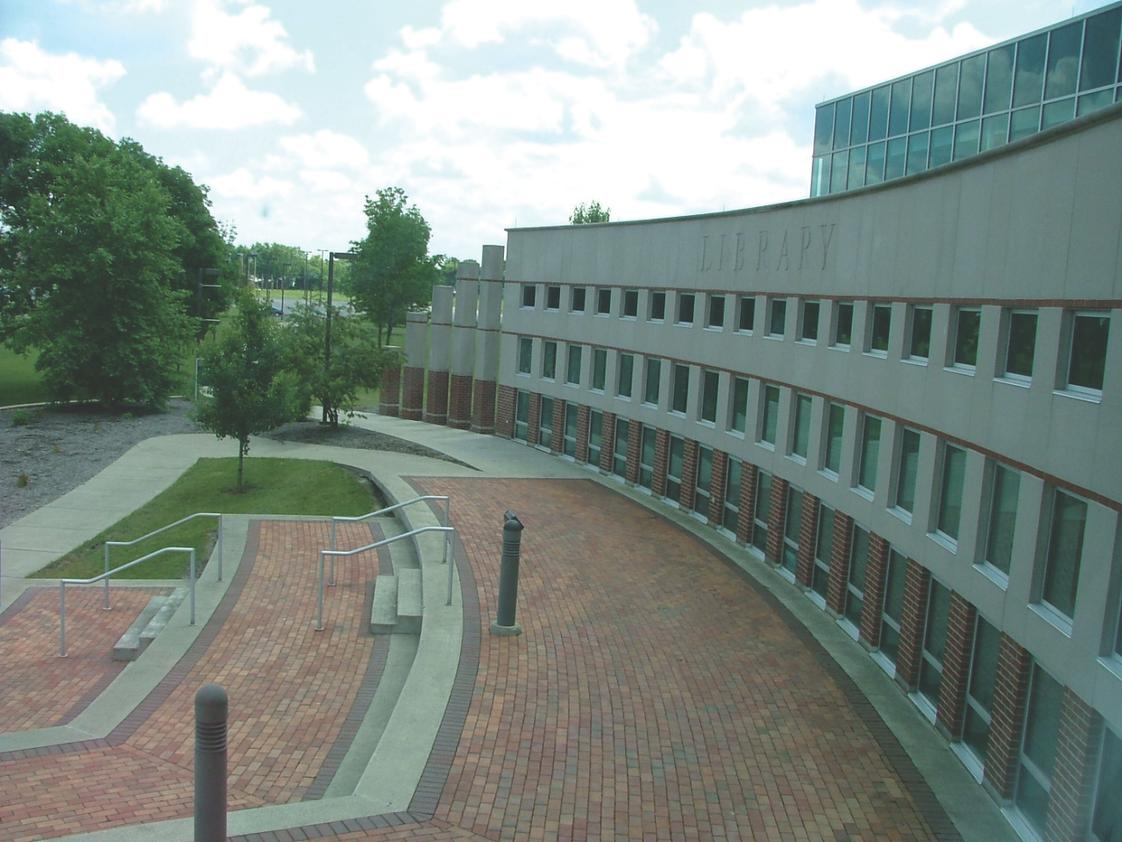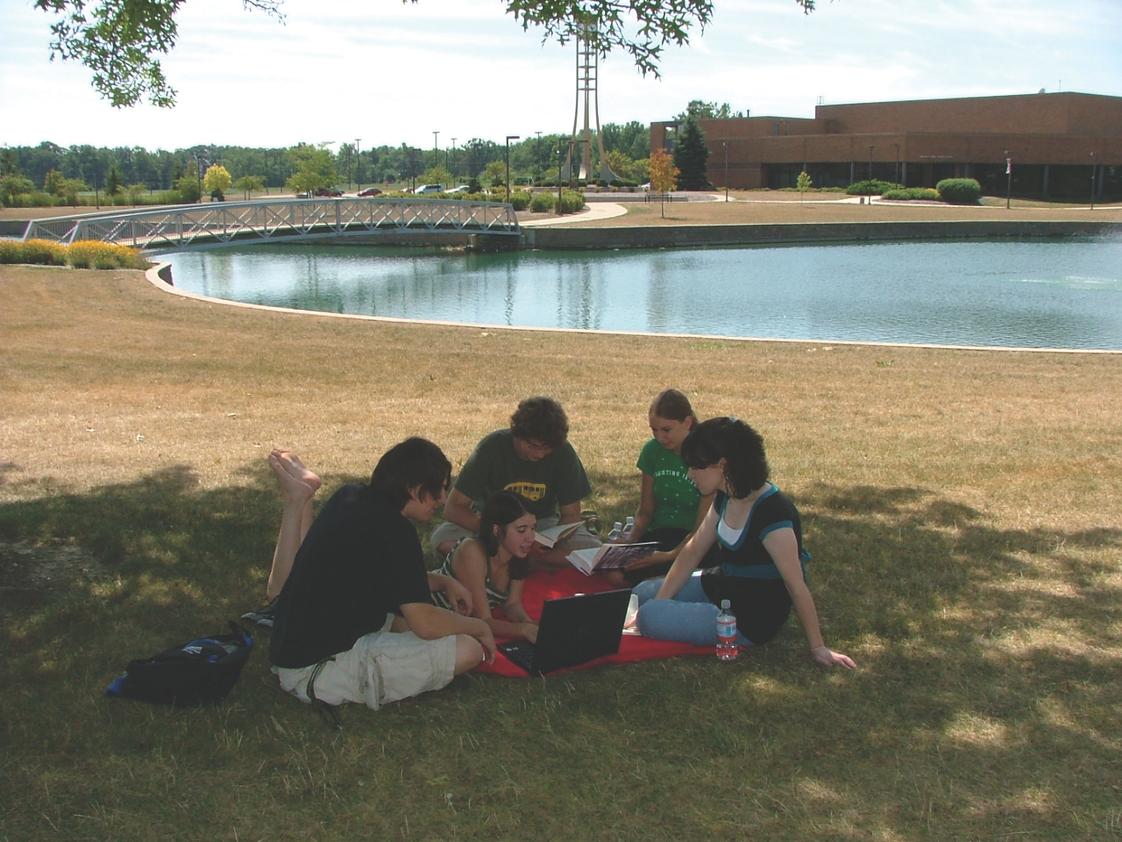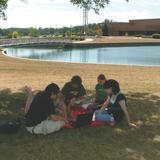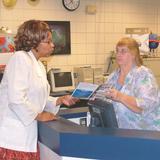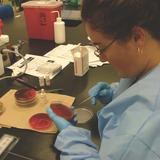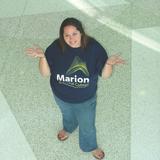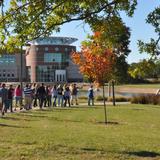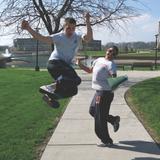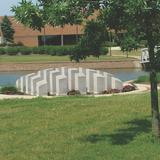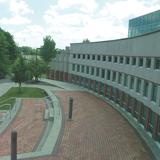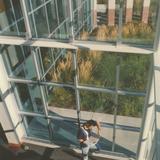- Over 35,000 students have enrolled at Marion Technical College for some type of training since 1971. MTC's student body is a melting pot of sixteen-year-olds through sixty-year-olds. 'We are proud to have a diverse student body where the strengths of each student enhances the learning environment for all students. Our students 'do it all' ' juggling families, jobs, and college ' and they are able to do it because of MTC's flexibility with classes offered throughout the day and evening, one night per week, on weekends, and online.
School Highlights
Marion Technical College serves 3,730 students (16% of students are full-time).
The college's student-teacher ratio of 24:1 is higher than the state community college average of 22:1.
Minority enrollment is 24% of the student body (majority Black), which is less than the state average of 38%.
Quick Facts (2026)
- Enrollment: 3,730 students
- In-state tuition: $4,414
- Out-state tuition: $6,334
- Acceptance Rate: 100%
- Student-teacher ratio: 24:1
- Minority enrollment: 24%
- Source: Integrated Postsecondary Education Data System (IPEDS)
Top Rankings
Marion Technical College ranks among the top 20% of public schools in Ohio for:
Category
Attribute
Affordability
Community Size
Debt For Students
School Overview
The teacher population of 157 teachers has stayed relatively flat over five years.
Marion Technical College
(OH) Community College Avg.
Carnegie Classification
Associate's Colleges: High Career & Technical-High Nontraditional
Baccalaureate/Associate's Colleges: Mixed Baccalaureate/Associate's
Institution Level
Four or more years
At least 2 but less than 4 years
Institution Control
Public
Private not-for-profit
Total Faculty
157 staff
93 staff
School Calendar
Student Body
The student population of Marion Technical College has grown by 73% over five years.
The student-teacher ratio of 24:1 has decreased from 30:1 over five years.
The Marion Technical College diversity score of 0.41 is less than the state average of 0.58. The school's diversity has grown by 98% over five years.
Total Enrollment
3,730 students
757 students
Student-Teacher Ratio
24:1
22:1
# Full-Time Students
581 students
397 students
# Part-Time Students
3,149 students
360 students
# Enrollment Undergraduate
373 students
313 students
# Full-Time Undergraduate Students
581 students
385 students
# Full-Time Graduate Students
n/a
10 students
# Part-Time Undergraduate Students
3,149 students
434 students
# Part-Time Graduate Students
n/a
3 students
Total Dormitory Capacity
n/a
425 students
% American Indian/Alaskan
n/a
n/a
% Asian
2%
4%
% Hispanic
1%
6%
% Black
9%
15%
% White
76%
62%
% Hawaiian
2%
2%
% Two or more races
6%
4%
% Non Resident races
n/a
1%
% Unknown races
4%
6%
Diversity Score
0.41
0.58
College Completion Rate (Students who graduate in less than 4 years)
30%
54%
College Completion Rate (Students who graduate in 4 years or more than 4 years)
n/a
22%
Average Graduate Earnings (10 Years)
$31,600
$31,900
Tuition and Acceptance Rate
The public in-state tuition of $4,414 is less than the state average of $5,163. The in-state tuition has declined by 20% over four years.
The public out-state tuition of $6,334 is less than the state average of $10,843. The out-state tuition has declined by 32% over four years.
In-State Tuition Fees
$4,414
$5,163
Out-State Tuition Fees
$6,334
$10,843
Tuition Notes
some additional lab
% Students Receiving Some Financial Aid
94%
88%
Median Debt for Graduates
$8,750
$18,500
Median Debt for Dropouts
$5,000
$6,500
Acceptance Rate
100%
73%
SAT Reading
n/a
460
SAT Math
n/a
475
SAT Writing
n/a
465
ACT Composite
n/a
21
ACT English
n/a
20
ACT Math
n/a
20
Source: 2024 (or latest year available) Integrated Postsecondary Education Data System (IPEDS) , School Administrators
School Notes
- In 1971, Marion Technical College [MTC] began a history of service, opening its doors to 187 students enrolled in four technical programs. To date, 33,383 have attended classes in more than 40 associate degree and certificate programs in Business, Engineering, Health, Information, Medical Sciences, and Public Service technologies. Marion Technical College is located on a 180-acre campus just east of the city of Marion on State Route 95, sharing five buildings with The Ohio State University at Marion [OSUM]. The Marion Campus is a co-located campus, hosting Marion Technical College and The Ohio State University at Marion [OSUM]. The Technical Education Center houses most MTC classes, state-of-the-art labs, and administrative offices. Morrill Hall features labs, an auditorium, art gallery, and classrooms. The George H. Alber Student Center houses the Marion Campus Bookstore, gymnasium and locker rooms, weight room, student government offices, game room, lounge, vending area, and classrooms. The Library/Classroom Building houses campus library services, classrooms, meeting rooms, study areas, and microcomputer labs. The Center for Workforce Development, a 10,000 square foot facility located adjacent to the Campus, focuses on specialized training for area business and industry. Marion Technical College is accredited by The Higher Learning Commission and a member of the North Central Association. MTC offers the Associate of Arts and Associate of Science transfer degrees creating easy opportunity to begin a bachelor's degree.
Frequently Asked Questions
How much does Marion Technical College cost?
Marion Technical College's tuition is approximately $4,414 for In-State students and $6,334 for Out-State students.
What is the acceptance rate of Marion Technical College?
The acceptance rate of Marion Technical College is 100%, which is higher than the state average of 73%.
What is Marion Technical College's ranking?
Marion Technical College ranks among the top 20% of community college in Ohio for: Least expensive tuition, Largest student body and Least debt for graduating students.
Recent Articles

Community College vs. Bootcamps for Tech Careers in 2026
Community college vs. bootcamps in 2026. Compare cost, outcomes, credentials, and hiring trends to choose the best tech career path.

How to Build a Class Schedule That Fits Your Life (Spring 2026)
Learn how to build a class schedule that fits your life with expert tips, updated strategies for Spring 2026, and practical planning tools for students and families.

Top 10 Jobs for Community College Graduates in 2026
Meta Description: Discover high-demand jobs for community college graduates, with current salary trends, costs, and career pathways.

